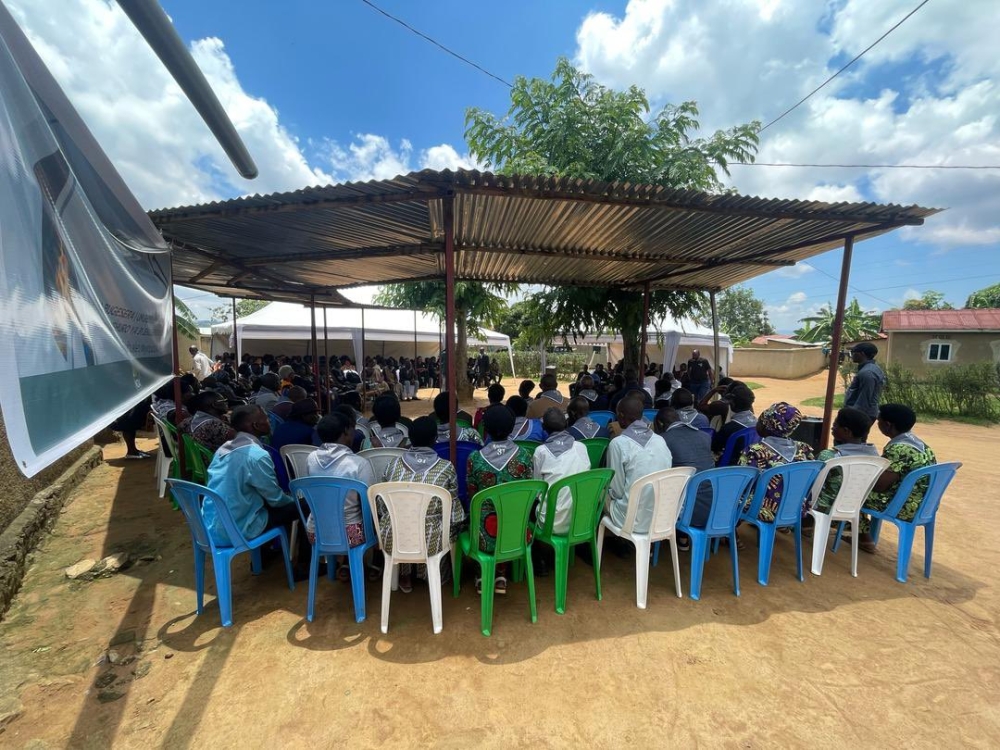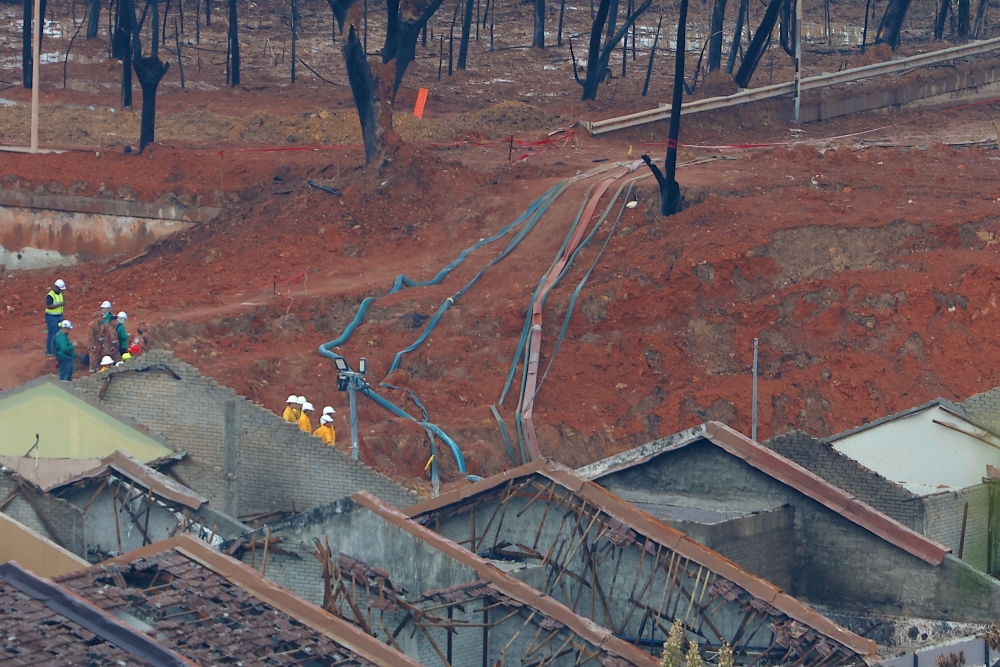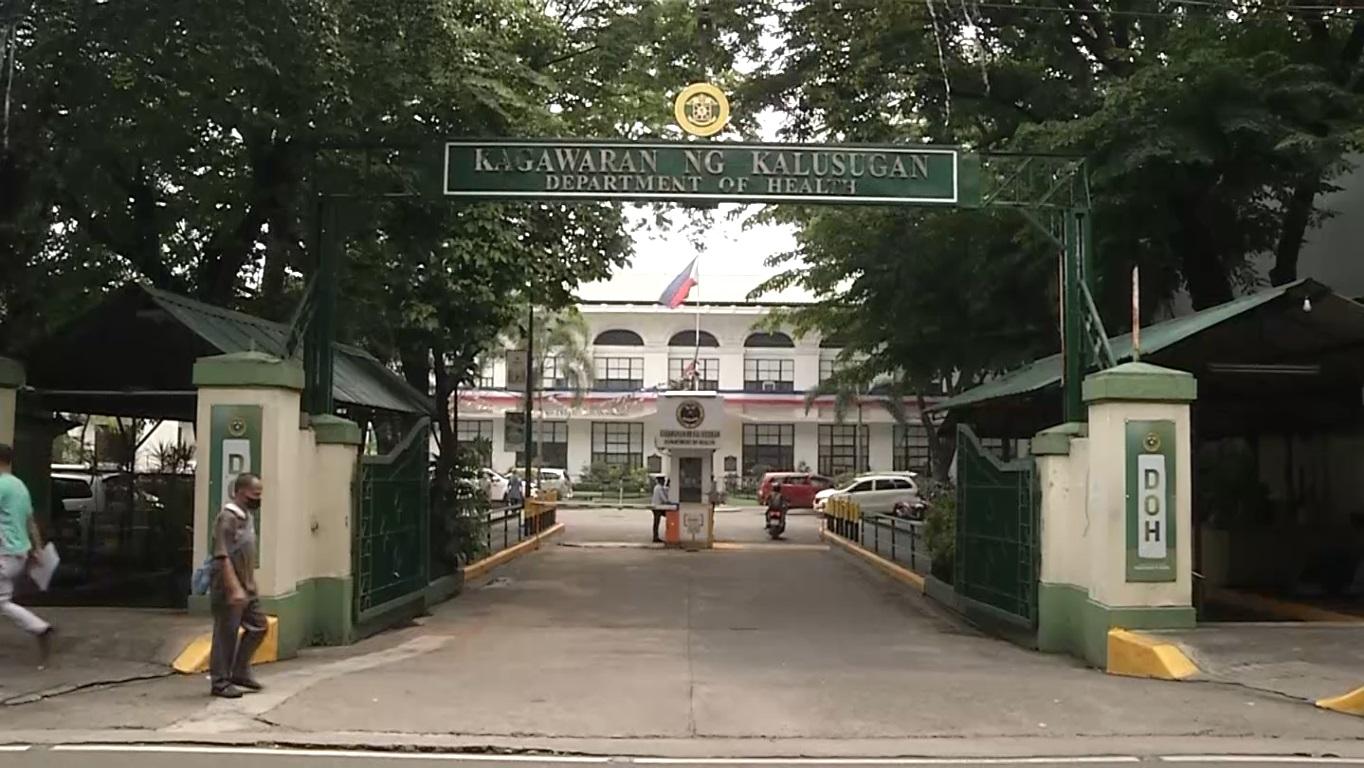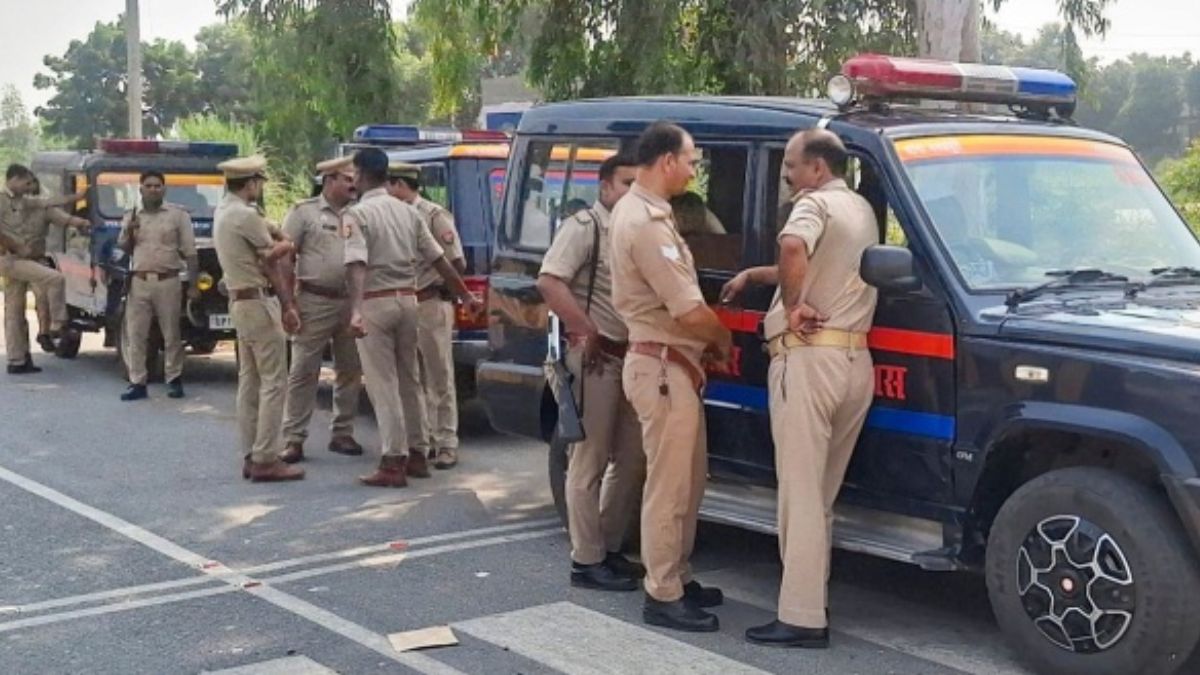Frederick Kazigomwe never believed forgiveness was a possibility. After serving time for his role in the 1994 Genocide against the Tutsi, he returned to Mbyo, the very village where he had committed unspeakable crimes, in Mayange Sector, Bugesera District. ALSO READ: Unity and reconciliation through the eyes of youth in a Rwandan village Guilt clung to him like a second skin.
He had imagined his life after prison anywhere else but not living together with the very people he had harmed. ALSO READ: Genocide commemoration: Why we remember “I never believed forgiveness was even an option. I did not think anyone would ever welcome me back,” the 57-year-old told The New Times.

“Every time I sat in my house with my family, I imagined that the people whose loved ones I had killed would come for revenge at any moment; I feared they would storm in and kill us.” ALSO READ: Inside Rwanda’s reconciliation journey, 31 years after the Genocide Kazigomwe, now a married man with seven children, was released in 2003, after serving his time, and going through rehabilitation and taught the dangers of divisionism and the devastating consequences of genocide. Still, nothing could prepare him for the emotional weight of living next door to the families he had once helped destroy.
‘No one calls me a killer’ Instead of vengeance, he was met with forgiveness. ALSO READ: Genocide ideologues, denialists targeting less informed youth, warns minister “When I was forgiven, I knew I had to make something of that second chance. I had to honor it.
” That honor came not only through remorse but through daily actions. He joined others in rebuilding homes, forming cooperatives, and participating in remembrance events. “Now, we live in peace on both sides.
We commemorate together. We work together. No one calls me a killer.
We are simply Rwandans now, working to rebuild our community and our country.” ALSO READ: How young Rwandans should fight Genocide denial Kazigomwe appeals to people who deny the 1994 Genocide or their involvement in it to be bold and speak the truth. “Genocide denial only deepens the wounds and paves way for divisionism.
Accepting the truth is the only way to protect our children from not repeating the same tragedy.” His story, like many others in Mbyo, is one of anguish, healing, and transformation. It is a story of how, three decades after the devastating 1994 Genocide, the resilient nation embarked on a tough and painful journey of national healing, unity and reconciliation as a pre-requisite for lasting peace, security, good governance and development.
The country’s reconciliation journey stands as a remarkable testament to resilience, healing, and transformation, according to Jean-Damascène Bizimana, the Minister of National Unity and Civic Education, who attributes everything to the good leadership and governance of the country. ALSO READ: Digital warriors: How Rwandan youth are using social media to fight Genocide ideology and preserve memory Among those who once dreaded the prospect of ever facing genocide perpetrators like Kazigomwe is Laurence Niyonagira, 52, a genocide survivor who was eight months pregnant at the height of the genocide in 1994. Many members of her immediate family perished during the genocide.
Looking back in time, the mother of 10 only recalls days of chaos and betrayal. “Some of the people we trusted, the ones we had given cows, turned on us. They knew every corner of our homes.
There was no place to hide.” When survivors like her were asked to consider forgiving the very people who had destroyed their lives, the idea felt unbearable, even impossible. “I didn’t want to hear from them,” she said.
“Some wrote letters from prison requesting for forgiveness. I did not even read them. I was broken.
I could not sleep without pills. I was in and out of hospitals.” But one particular memory made her edgy.
It just would not let her rest. It was the moment, as she fled to Burundi, when she had prayed, beseeching God to protect the life inside her as well as the weak and hungry child she carried on her back. “A voice came to me later,” she remembers.
“‘You asked me to save your children, and I did. Now others ask you for forgiveness, what will you do?’ That question would not leave me.” Forgiveness did not mean forgetting That voice sparked a battle within her.
Eventually, she gave in. When the genocide perpetrators were released, she faced them and forgave them. Forgiveness, however, did not mean forgetting.
Rebuilding trust took years. “We worked together with the perpetrators on building this village that we live in, together. I would often work with the man who killed my family, laying bricks.
I watched him closely, wondering if he might hurl one at my head. Whenever I went to my garden, I took my goats, my children, everything, with me. I trusted no one.
” But day by day, suspicion turned into cooperation. The community began to heal not just through words, but through actions. And then came the most unimaginable act of all.
Niyonagira’s daughter, a girl born after the 1994 Genocide, wanted to marry the son of the man who had murdered her family. That proposal shock and tested her to the core, reopening old wounds she thought had healed. “I was not ready for that kind of reconciliation.
Then I looked at my children; considered the way they had once cried seeing my pain, the way they had forgiven, and I told myself I had to be strong too. And, so, I let them marry.” Today, Niyonagira says she is at peace.
“I hold no grudge. The perpetrators have been sincere in their remorse. I’m truly at peace with myself.
” ‘It was never going to be easy’ Another resident of Mbyo, Immaculee Zizane, was not among the people being hunted during the genocide but she risked her life to save 17 people. Living amongst genocide survivors and perpetrators, she too endured a degree of scepticism. “Some didn’t like that I talked about what I did.
They thought I was showing off. But now, we all get along. We work together, and we are building a future.
” Local leader Jean-Marie Vianney Hategekimana believes that transformation is what makes Mbyo remarkable. “It was never going to be easy,” Hategekimana said. “But by living together, and always commemorating together, and working together, they’ve shown what is possible.
This village has turned into a model for what our country can become.”.
Top

Stories from Mbyo: Haunted by guilt but welcomed home

Frederick Kazigomwe never believed forgiveness was a possibility. After serving time for his role in the 1994 Genocide against the Tutsi, he returned to Mbyo, the very village wh...











